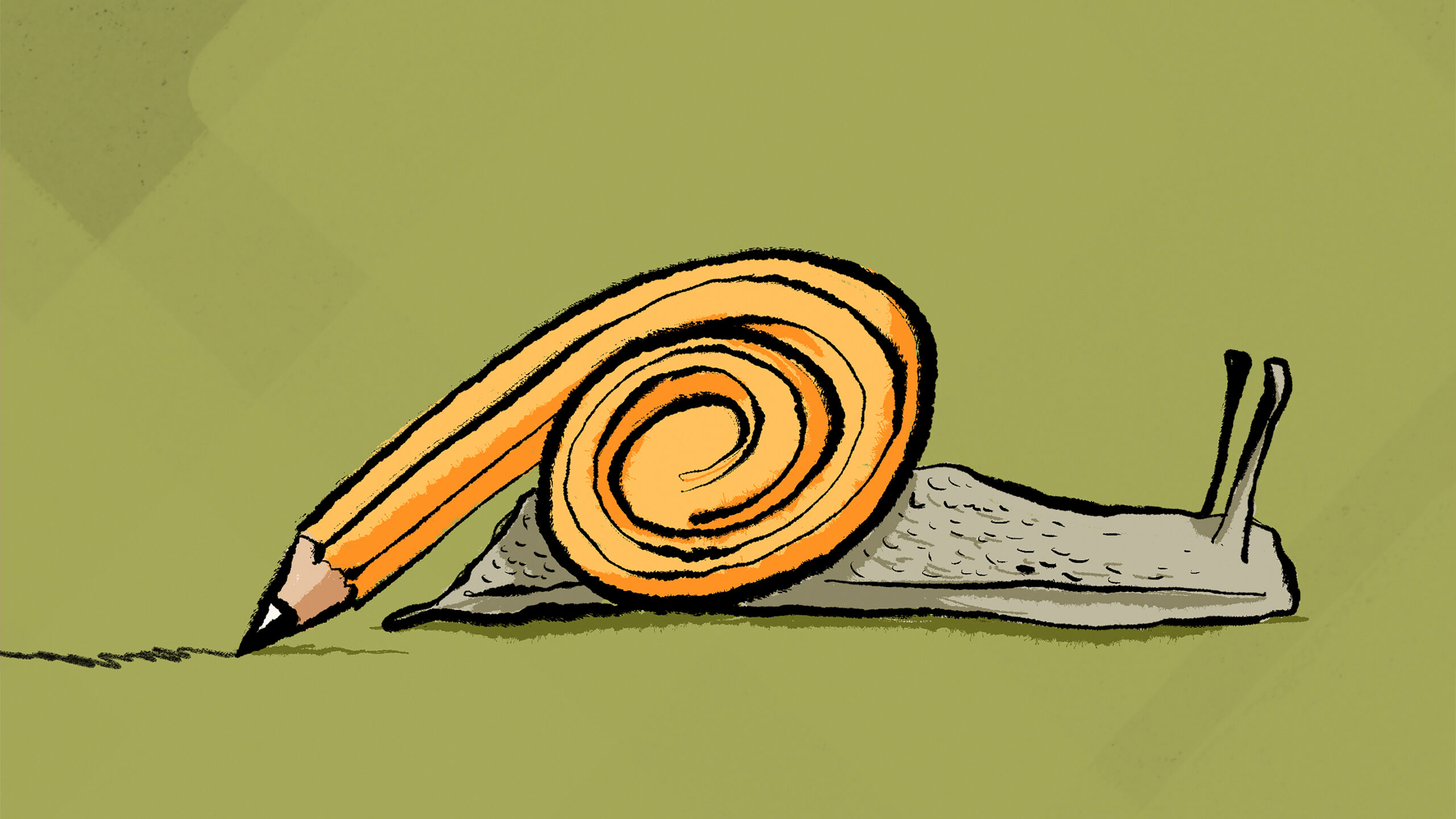During this summer, a team of students from MIT embarked on a journey to the sou …
Embracing the Virtue of Patience in Education
Carlos Changemaker

In our fast-paced society, where speed and immediate results often receive the most attention, there is an overlooked virtue that deserves recognition—the bravery to slow down. This is particularly important when it comes to developing or refining instructional strategies that may be unfamiliar to us. The question then becomes, how do we cultivate and maintain a new habit?
The answer may seem counterintuitive, but instead of rushing to implement, we should take our time. We need to recognize the value of patience in the process of habit formation and the role that educational leadership plays in setting an example of the benefits of a slow and steady approach. This journey is guided by the classic story of the tortoise and the hare.
The Challenge of Forming Habits
When we try to establish new habits or make positive changes in our lives, impatience for quick results often creeps in. We want to see immediate and drastic transformations, just like the hare in the famous fable. However, research on habit formation shows that it can take anywhere from 18 to 254 days for a new habit to truly take hold (source).
When was the last time we allowed a professional learning community to dedicate three months to focusing on one or two strategies for improvement? According to Barak Rosenshine, the extent to which teachers engage in guided practice and consistently check for understanding is the key difference between highly effective and less effective teachers (source). Do we take the time to focus on sustained practice in these areas, or do we quickly move on to the next thing?
The time it takes for a habit to form depends on the difficulty of the new habit and the existing habits that surround it. For example, incorporating vegetables into our lunch routine may take less time than completely eliminating meat from our diet.
If we want to introduce a new probing question into our method of checking for understanding, it will likely take less time than completely changing our approach to asking questions in the classroom. Leaders can help by encouraging staff to consider the degree of change when embarking on a new approach. Is it a minor adjustment or a significant shift in our practice?
Furthermore, leaders should emphasize the importance of flexibility in habit formation. The benefit of a longer time frame for acquiring and solidifying new habits is that it allows for errors along the way. In other words, it’s okay to make mistakes occasionally.
Habit formation is a process that requires patience and persistence. It involves gradually accumulating small victories that eventually lead to significant changes. So how do we approach this process slowly and steadily?
The Role of Leadership
Educational leaders have a crucial role in shaping how their staff approaches habit formation.
Leaders who prioritize and demonstrate the importance of patience when learning something new, consistency in practicing new habits, and the acceptance of mistakes or setbacks create an environment where staff feel supported and motivated to develop new habits. Educational leaders can implement the following strategies to ensure their staff is on the right track:
Lead by example: Leaders who embody patience and persistence set a powerful example for their teams. When leaders take the time to deliberately and publicly develop their own habits, they show that success is not about rushing but about making steady progress. This includes discussing the degree of change, acknowledging mistakes or errors, and sharing experiences of staying focused over a period of weeks.
Promote incremental changes: Educational leaders who encourage improving current practices demonstrate that not every change has to be a complete overhaul. As Rosenshine pointed out, the effectiveness of teachers lies in their implementation and assessment of specific, well-known practices. When leaders mention refining their own practice, they exemplify this aspect of habit development (for example, improving the use of protocols to gather more feedback from staff).
Provide support: Leaders who emphasize the importance of starting slowly but consistently offer guidance and assistance to their team members. They allocate time for practice, check in with individuals and teams to monitor progress, and recognize that everyone has their own pace. This fosters an environment where individuals feel valued and motivated.
The Lesson from the Tortoise: Patience in Practice
To truly embrace the courage to go slow in habit formation, consider the following steps:
1. Start, protect, and prioritize habits: Understand that forming habits takes time and requires experimentation, reflection, and adaptation. Establish systems that focus on a few key practices and protect them by eliminating other initiatives or practices.
2. Prioritize consistency over intensity: Instead of pushing for rapid and unsustainable changes, focus on maintaining consistent effort. Slow and steady progress leads to lasting habits because the chosen habits are implemented daily and routinely evaluated.
3. Celebrate small victories: Recognize and celebrate each small success along the way. These moments, no matter how minor, serve as the building blocks for long-term change.
4. Seek support: Surround yourself with individuals who support your journey and recognize the importance of patience. Lean on their encouragement during challenging times.
The Strength of Going Slow
In a world that often values speed above all else, it takes courage to embrace the wisdom of going slow. As we develop habits, patience becomes our greatest ally. When educational leaders model the significance of taking a slow and steady approach, they empower individuals to navigate this journey with resilience and determination.


